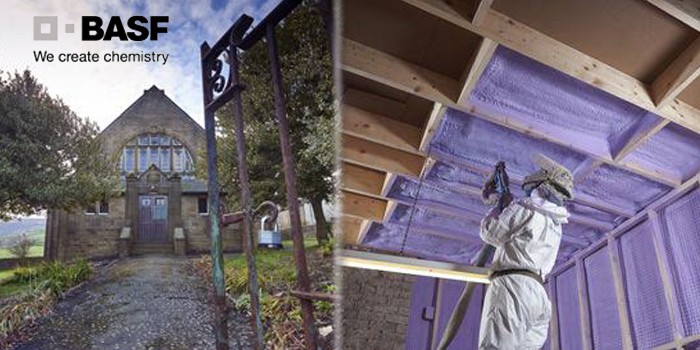
Energy Efficiency Interest Increases in 2013, Survey Says
WASHINGTON, DC - July 11, 2013 - A recent study by the Johnson Controls Institute for Building Efficiency has shown that energy-efficient interest has risen to 116 percent worldwide in only three years. The 2013 Energy Efficient Indicator (EEI) study was released during the 24th annual North American Energy Efficiency Forum. The EEI analyzes energy-efficient technologies, investments and practices made by over 3,000 executive decision-makers from 10 countries in 5 different continents seeking to reduce energy use around the globe.
The survey showed that out of all the respondents from all 10 countries, 73 percent of them set efficiency goals within the last year, which was higher than the 58 percent who did two years before. Of the organizations that set public goals, 72 percent plan to increase energy efficiency investments. To meet those goals, nearly one third of the organizations has used external financing. These organizations additionally implemented 50 percent more efficiency and renewable energy measures than organizations without goals.
Globally, the EEI shows that 41 percent of the respondents stated that energy management is important to their company. An increase of 4 percent from last year in "energy attention", from 40 percent to 44 percent, shows that companies are paying a lot more attention to energy efficiency.
There was a drawback in the U.S., however, because even though executives continue to report that they will increase investment in energy efficiency and renewable energy projects, activity on both accounts remains flat. Of U.S. respondents, 41 percent reduced investments due to uncertainty in government budgeting and tax efforts.
The EEI confirmed the policies that are to be stressed to improve project economics, they are tax credits/incentives or rebates (25 percent), low-interest financing for energy updates (16 percent), stricter building codes and equipment standards (15 percent), adoption of green appraisal standards (11 percent), putting a price on carbon emission (11 percent), and mandatory energy performance disclosure (10 percent).












